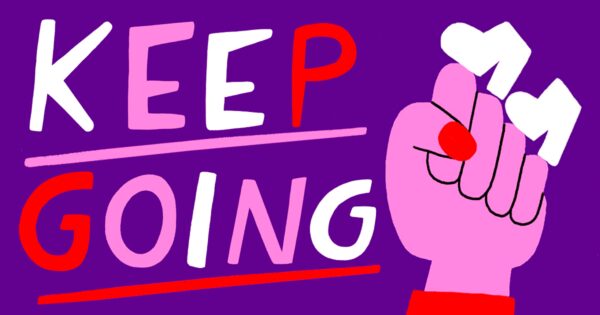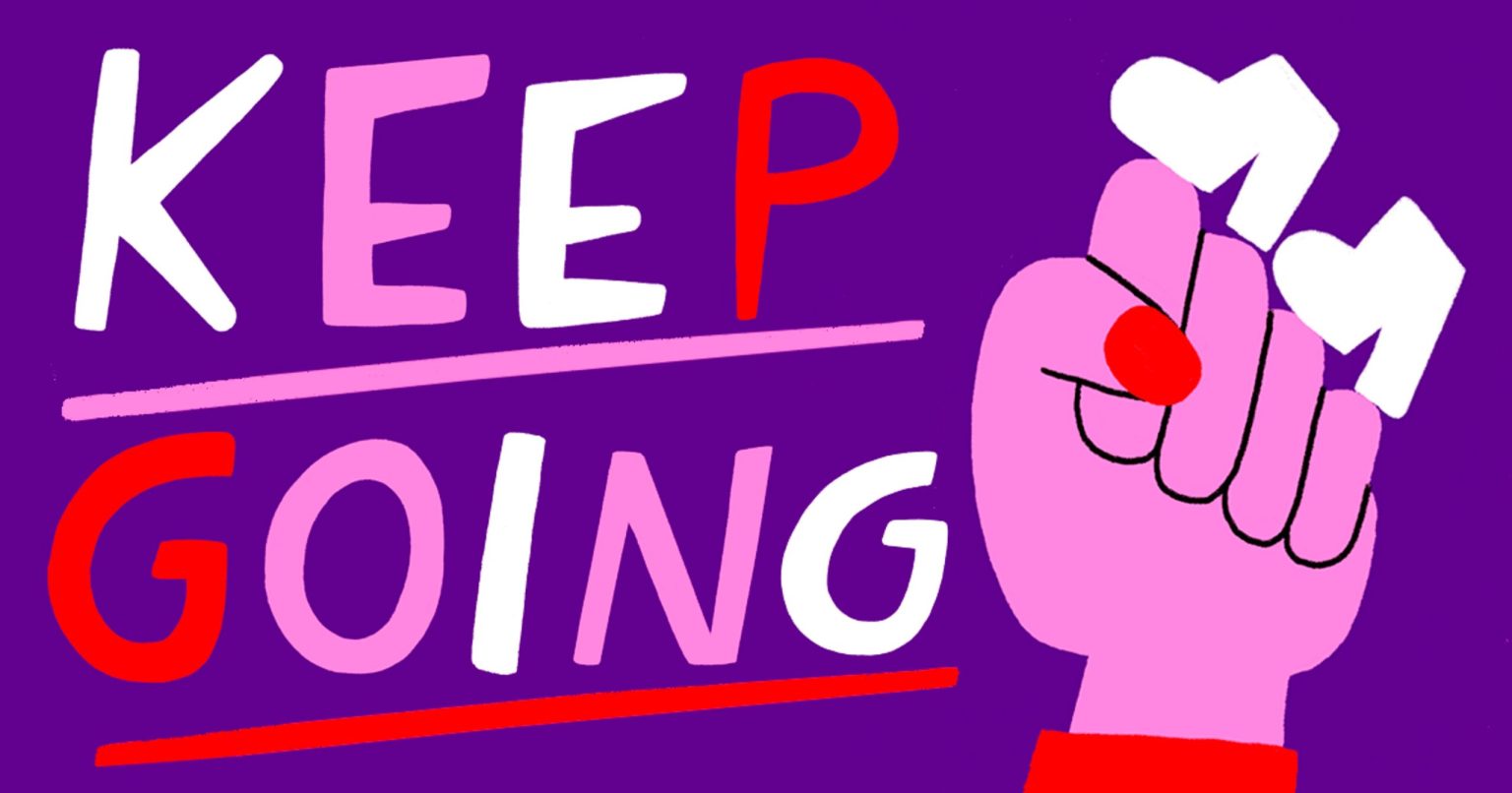At Difference, being Disabled workshop leaders, trainers and educators we can face many highs and lows. Often, our own, intersecting experiences of the very subject we are talking about, can go unseen. So, how do we, as facilitators, navigate the world of equity, diversity and inclusion training?
We touched on some of the strains of fighting for equality in a blog last year about looking after our wellbeing whilst doing Disability Activism.
‘If you’re an activist of any kind, it goes without saying that you care passionately about your cause. If you’re a disability activist, it is probably because you identify as Disabled. This means that you likely have lived experience of discrimination and its negative impact on your life, including your health and wellbeing.’
We love doing this sort of training and have learnt so much ourselves on the way. Sometimes though, this learning is bundled into a ‘compulsory’ set of EDI checklist’s for organisations, which misses the point. We spoke to facilitators in the VCSE sector in the North East who work to make equity, inclusion and diversity a priority, about some of the joys and challenges we face in doing just that.
This blog is by Sara Chezari at Connected Voice. You can read the sister blog to this one, by Bea Groves-McDaniel from Difference, here.
What motivates you to keep facilitating the training that you do?
I am a Support and Development Officer at Connected Voice supporting local organisations to build resilience, instil good governance and improve equity, diversity and inclusion. As part of my role, I design, develop and deliver training in Equity, Diversity and inclusion, Safeguarding and Cultural Competency.
I’ve experienced discrimination and challenges due to my intersecting characteristics. Throughout school, my dyslexia went unchecked as teachers assumed because English wasn’t my mother tongue that I had difficulties with reading, writing and speaking. When I was finally diagnosed at university I felt both relieved and ashamed. Talking about my dyslexia has been a big step for me to help me manage it and having the courage to ask for help and to help others around me understand why I think, talk and write the way I do. People have mostly been accepting and accommodating. Although I still carry a little bit of shame and insecurity.
What motivates me to facilitate the Equity, Diversity and Inclusion training is a mixture of things, I want to normalise talking about barriers and challenges that people face so that we can work together to overcome them and to challenge our assumptions and stereotypes. Some of the topics that I cover are challenging and difficult to navigate, so I draw on my own lived experiences and apply them to aid conversation and understanding.
Ultimately, what motivates me is social justice and pushing for cultural change of how we view and value our differences.

Image by Cachetejack for Fine Acts shared by Creative Commons License
What change do you want to see from your training/workshops?
I want the attendees to leave with a heightened awareness of the systemic inequalities that exist due to historical legacies, societal and cultural norms. These are all things that I don’t believe are fixed and we can work together to dismantle.
I have delivered the EDI training to a variety of organisations and people such as, health professionals, universities, small to medium sized voluntary and community organisations, heritage and cultural centres and the list goes on. I consult with the organisation and then tailor the training to fit their aims and values and make sure I pitch it right so attendees feel the content is relevant to their work and practice.
During the session, the attendees are invited to reflect on their own intersecting identities, biases, privilege and power. My aim for the session is to get people to think more openly and frankly about existing barriers within their own work practices and think about ways to reduce or remove them. I also want attendees to become aware of the more nuanced forms of discrimination, such as, microaggressions, micro-insults and how damaging ‘jokes’/banter can be. The work can feel overwhelming at times so I want participants to begin taking incremental and consistent practical steps on their journey to better EDI.
The attendees usually leave feeling inspired to make proactive changes to move towards more equitable work practices, more accessible services and generally a more inclusive work place that benefits everyone.
What is hard about offering/facilitating your training?
There’s always a worry about how the attendees will receive the information and content. So far, the bad experiences have been few and far between and the response from attendees have been overwhelmingly positive.
However, my biggest fear is not being able to articulate myself clearly and when I’m nervous this can make my dyslexia worse and I muddle my words. I worry that people won’t understand me.
One of the challenges is how emotionally draining this work can be, and if I’m not careful I can burn out which flares up my dyslexia, perpetuating my fears of not being able to articulate myself even more.
Having support from my colleagues, friends and family has been crucial and making sure I limit how many sessions I deliver a month is crucial to making it sustainable.
What makes it worthwhile and what are some of your best experiences of training?
I love when participants come up with really innovative and creative ways of being more inclusive and equitable. Sometimes the most innovative ideas are the most simple, and seeing participants keen to implement changes soon as they leave the session is truly heart-warming.
My best experiences during training are when a participant shows me a new perspective or teaches me something new as this gives me an opportunity to raise my own awareness.
Another element that I love is that EDI work is always evolving and it’s dynamic. It’s nice to see the progress being made and this also means I never get disillusioned or bored because it’s ever-changing.
Thanks so much to Sara for contributing. Find out more about Connected Voices training here.
You can read the sister blog to this one by Bea Groves-McDaniel from Difference, here.
You can join us as a member to fight for Disability Equality.



